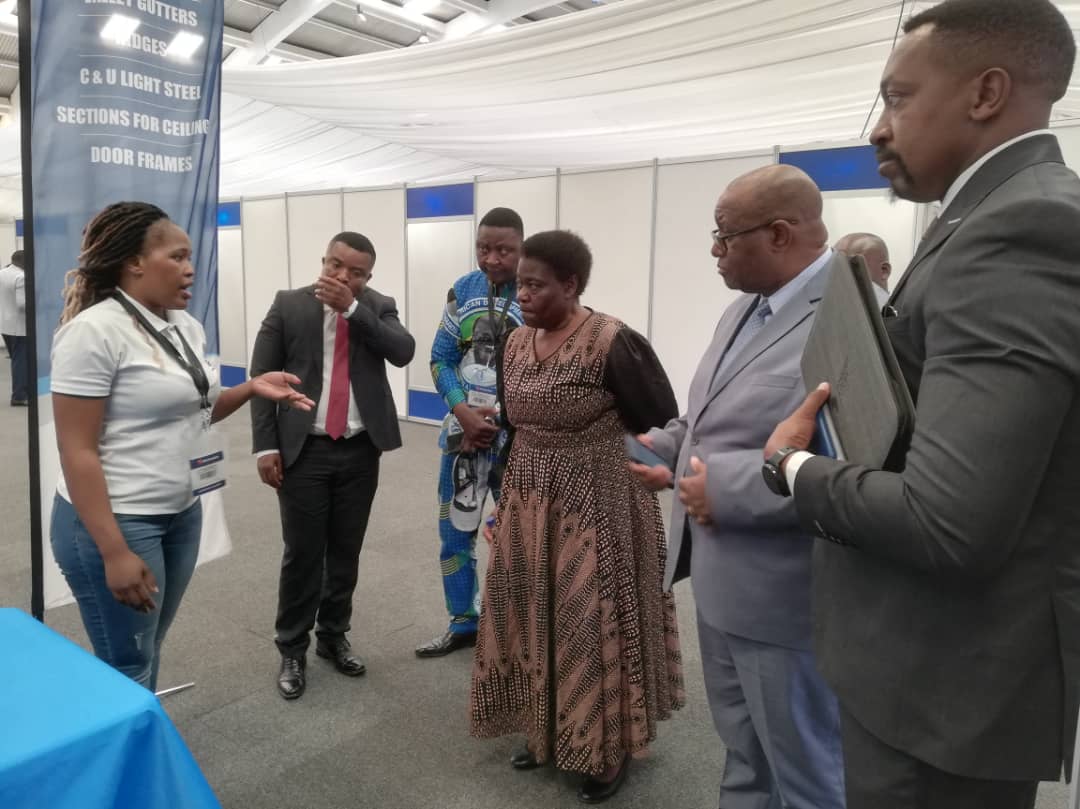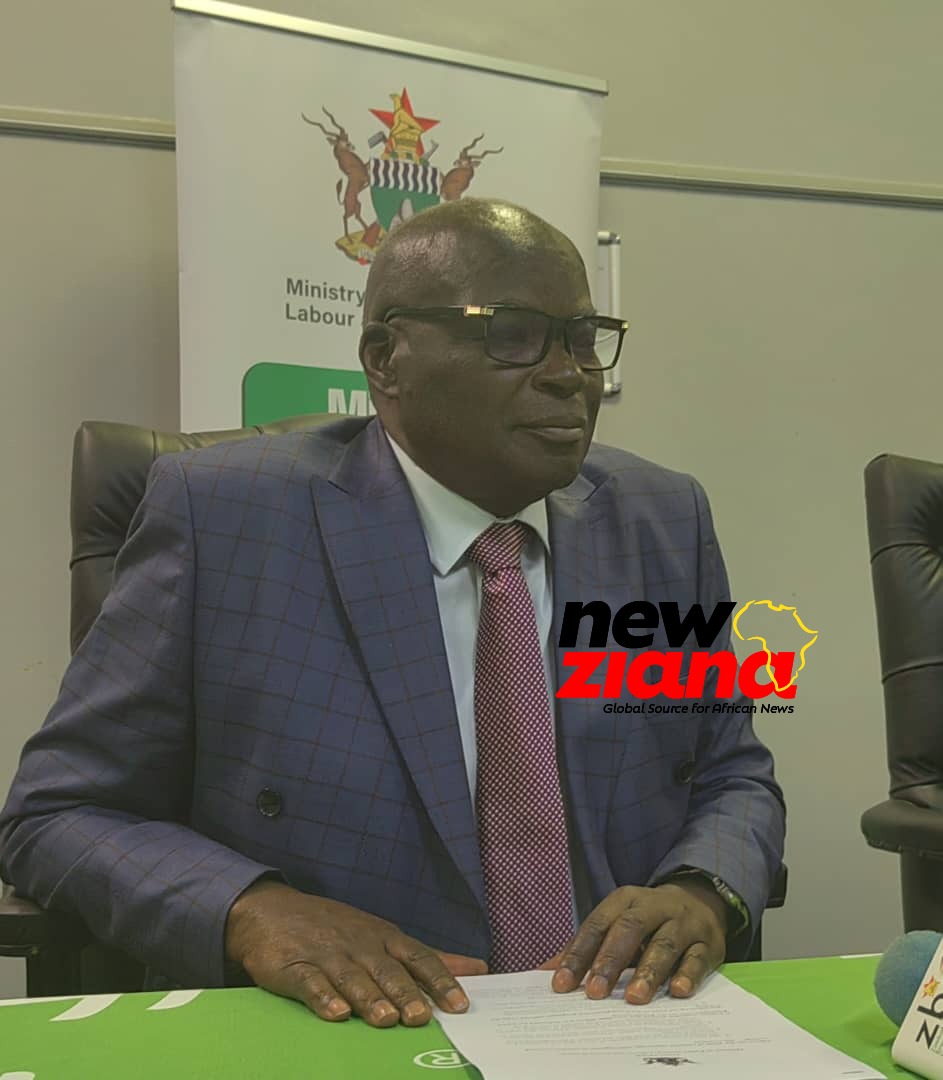Call For investment in climate proof infrastructure
Share

Bulawayo (New Ziana)-There is need to start designing and building infrastructure that can withstand extreme weather events, which are increasing in frequency and intensity due to global warming and climate change, a Cabinet Minister has said.
Transport and Infrastructure Development Minister Felix Mhona said this in a speech read on his behalf by his deputy Mike Madiro during the official opening of the inaugural Africa Infrastructure and Built Environment and Expo (AfriConfex), which the Zimbabwe International Trade Fair Company organised in partnership with the Ministry of Transport & Infrastructure Development.
The expo, which specifically targets buyers and sellers within the built environment value chain, provides a platform for sharing local and regional experiences, technical knowledge and discussion of cross-cutting challenges, opportunities and learnings with a view of drawing up actionable resolutions to achieve industry and economic growth.
It is running under the theme “Solid Foundation. Stronger Future – Exploring Linkages in the Infrastructure Value Chain.”
“With global climate change and increasing frequency and intensity of extreme weather events, there is an urgent need to climate proof infrastructure investment,” said Mhona.
He said the devastating cyclones which have repeatedly caused massive destruction of critical infrastructure in some parts of the country were proof that all infrastructure projects should now be climate resilient.
Mhona said the ever-rising population in urban areas also required sustainable construction solutions, skills and products to deliver homes, workplaces and infrastructure, including energy and clean water.
“The demand for homes, workplaces, and infrastructure, including sanitation, power, and clean water will place an enormous significance on the need for sustainable construction solutions as well as the skills and products that are required to deliver them,” he said.
He said platforms such as the AfriConfex provided stakeholders in the Infrastructure and Utilities Cluster of the National Development Strategy 1 (NDS1), an opportunity to share information and ideas, as well as solutions to challenges affecting infrastructure development in Zimbabwe.
“I am glad that platforms such as AfriConfex give us the opportunity, as the Infrastructure and Utilities Cluster, together with our downstream and upstream stakeholders, to share information and ideas, as well as to find solutions to challenges affecting infrastructure development in Zimbabwe,” he said.
He said the objectives of the AfriConfex resonated well with the country’s Vision 2030, which is anchored on priorities such as Image Building and International Engagement and Re-engagement, Digital Economy and Infrastructure and Utilities.
Mhona said infrastructure such as electricity, telecommunications, transport and water was crucial for the efficiency, competitiveness and growth of an economy.
“Cognisant of this, the Second Republic consciously took necessary steps to ring fence infrastructure spending on priority projects that are enablers in accelerating economic development,” he said.
He cited the Beitbridge Border Post modernisation and rehabilitation project, Beitbridge-Harare-Chirundu highway, Robert Mugabe International Airport expansion and rehabilitation, Mbudzi Interchange construction as some of the economically and socially transformative initiatives in the transport infrastructure sector that the Second Republic was implementing.
New Ziana









